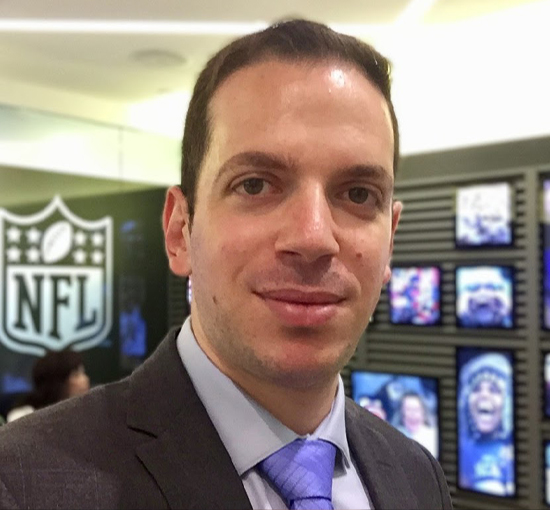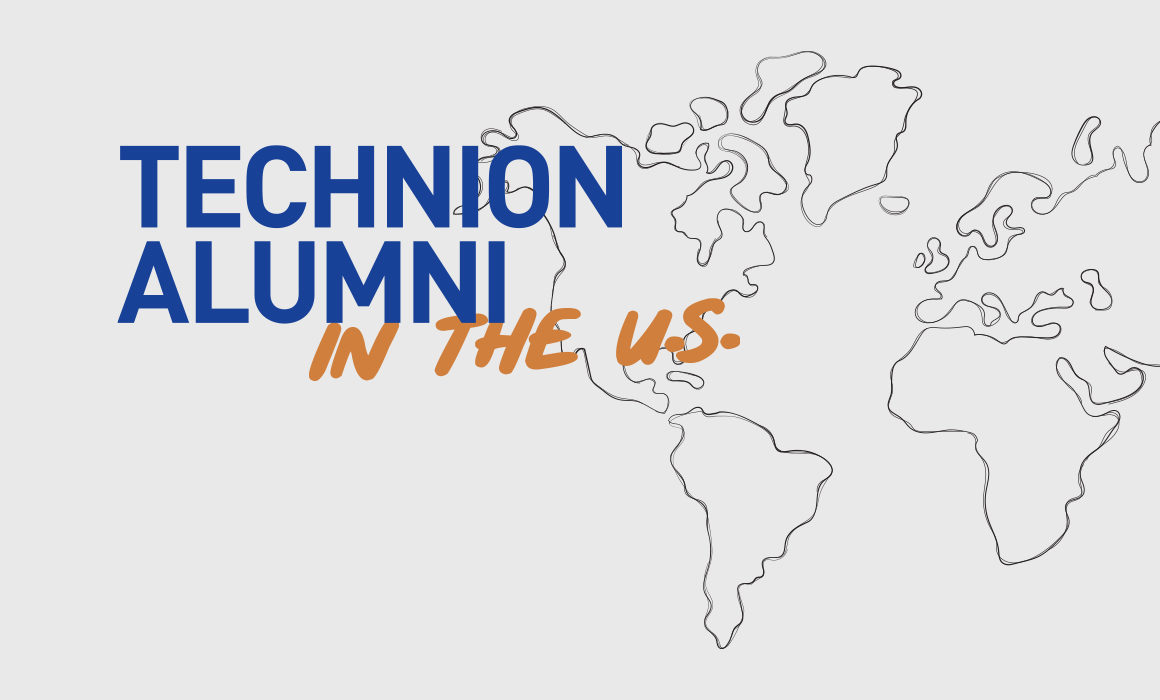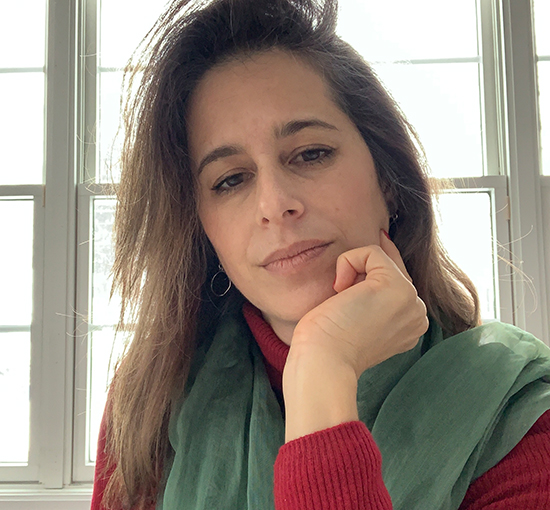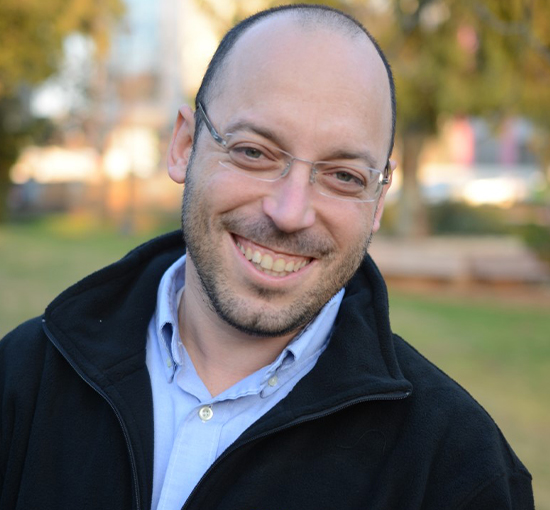With thousands of graduates working in industries all over the world, it’s no exaggeration to say that Technion ingenuity is in action every single day. If you rely on a smart home device or cloud connectivity, live in an urban area, or watch “Monday Night Football,” you’ve got Technion alums like Omer Schneider ’05; Sharon Yavo Ayalon ’01, M.S. ’10, Ph.D. ’19; and Alon Kremer ’11 to thank. These Technion graduates are making the world better, safer, and more secure in some truly remarkable ways.

Alon Kremer ’11
Bringing Technion Know-How to the NFL
Even during his rigorous studies as a Technion computer science undergraduate and an MBA candidate at Harvard Business School, Alon Kremer was obsessed with sports. As an avid Maccabi Haifa sports fan, Alon’s dream was to pursue his passion and launch a career in sports. When his brother, Avichai Kremer, also a Technion alumnus, was diagnosed with amyotrophic lateral sclerosis (ALS), it sparked Alon’s sense of urgency to fulfill his dream.
Today, he is a senior data analyst for the NFL. As such, he supports the league’s 32 teams, analyzing fans, sponsors, media, ratings, and more. He’s helped the NFL understand everything from how to maximize their sponsor partnerships, to how to create a better customer experience, to how many fans can safely enter stadiums in the era of COVID-19.
Kremer said the Technion taught him to learn independently, “giving me an edge in the job market and life in general,” and to approach challenges with determination. “The intense academic load and long nights at the computer labs strengthened my resilience.”
Sharon Yavo Ayalon ’01, M.S. ’10, Ph.D. ’19
Mapping Social Impact Can architecture and data mapping address social inequalities in cities?
Sharon Yavo Ayalon believes so. An architect and a postdoctoral associate at the Joan & Irwin Jacobs Technion-Cornell Institute’s Urban Tech Hub, Ayalon strives to represent socioeconomic aspects of a city that are difficult to quantify but are just as important as the number of buildings per square mile.
During her Ph.D. at the Technion, she developed a social sciences methodology to depict these abstract phenomena.
“I joined the Jacobs Technion-Cornell Institute to continue to explore this approach but take it a step forward into the world of advanced technology and big data.”
She is developing a “digital twin,” or three-dimensional interactive model, of New York’s Roosevelt Island, home of the Jacobs Institute, to predict how the privatization of affordable housing will affect the island. This helps researchers and urban planners alike understand the impact of social inequality — and the power of community resilience.
And in a COVID-19 social-distancing project, led by Professor Wendy Ju, Ayalon uses video feeds from NYC Department of Transportation cameras across the city to understand population density, business occupancy, and mask usage. She hopes this data can be used to understand urban infection patterns, informing our response to the pandemic — and future outbreaks.
Omer Schneider ‘05
From IDF to Microsoft
Omer Schneider had built a promising career in the Israel Defense Forces. But the lure of the Start-up Nation called to him. “I started to think, ‘Are you the next guy to create something extraordinary?’”
He began brainstorming ideas with his business partner, Nir Giller. They knew that businesses would be looking to drive higher efficiency and productivity in the era of cloud connectivity and Internet of Things (IoT). The biggest barrier was doing that securely.
Schneider and Giller founded CyberX in 2013 to close that gap. Within a few years, the CyberX platform was being used by three of the top 10 U.S. energy utilities and five of the top pharmaceutical companies in the world. In 2020, Microsoft acquired CyberX in a multimillion-dollar deal.
To Schneider, none of this would have been possible without his Technion education. “The Technion taught me how to set goals and accomplish them while thriving in a smart and competitive environment,” he said. That drive — and a dash of Technion know-how — means companies all over the world will be safer.





Thanks for sharing. I read many of your blog posts, cool, your blog is very good.